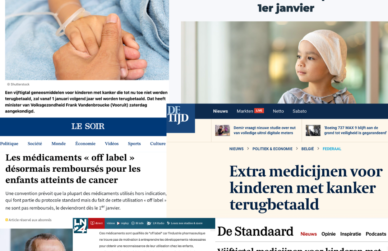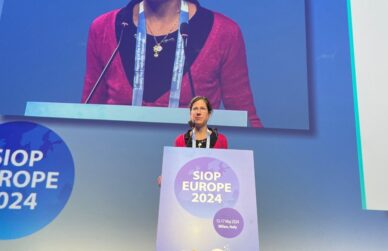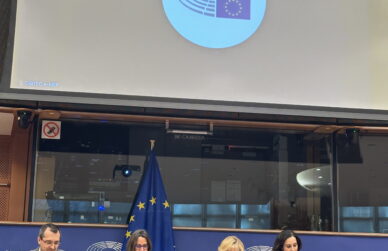Improve our understanding of Atypical Teratoid Rhabdoid Tumour (ATRT) in children
Show more
Children diagnosed with ATRT (Atypical Teratoid Rhabdoid Tumours) at a very young age have a poor prognosis: only 40% respond to current treatment. Today, we still don’t understand why some children respond and others don’t. EURATRT is a translational project linked to the largest clinical trial for ATRT to date, giving researchers access to 300 tumour samples. The goal is to better understand the biology of these tumours and adapt treatments to each child. The team combines expertise in paediatric oncology, neuropathology, molecular biology, genomics, and data science. These experts will be working together to: predict treatment response, detect relapse earlier, and explore new therapeutic options. The aim is to personalise treatments and reduce side effects.
Show less



